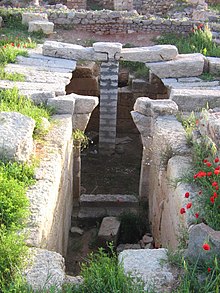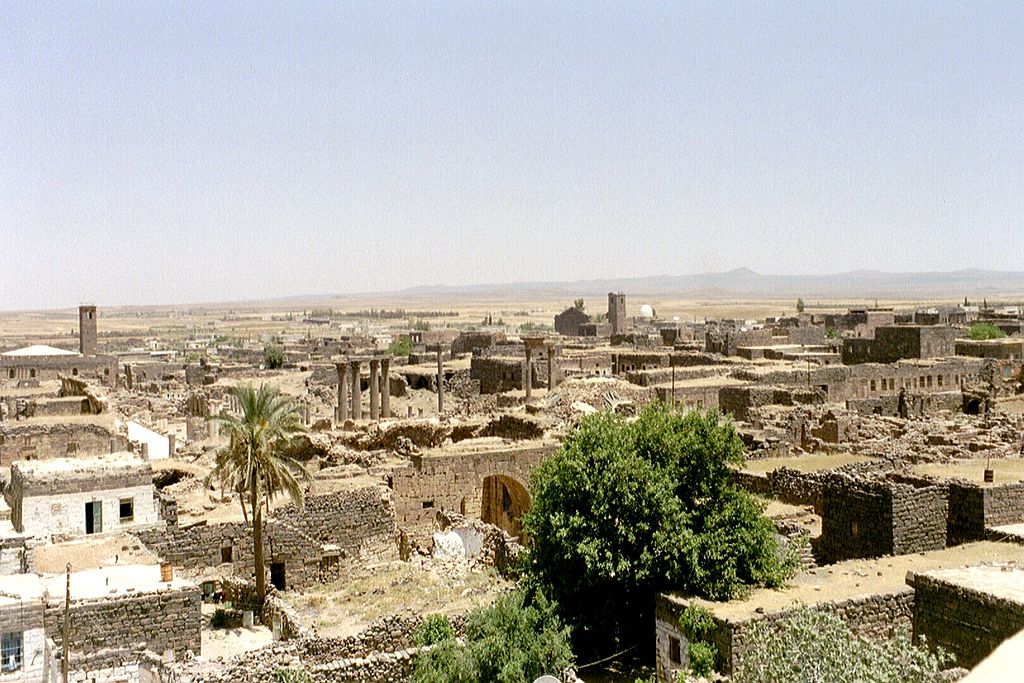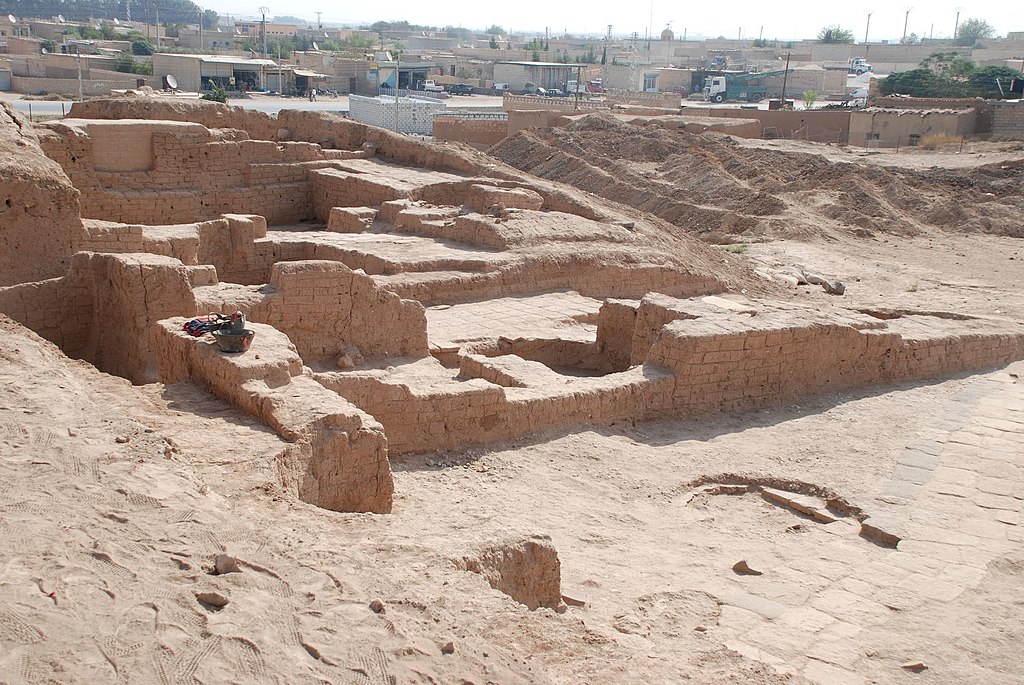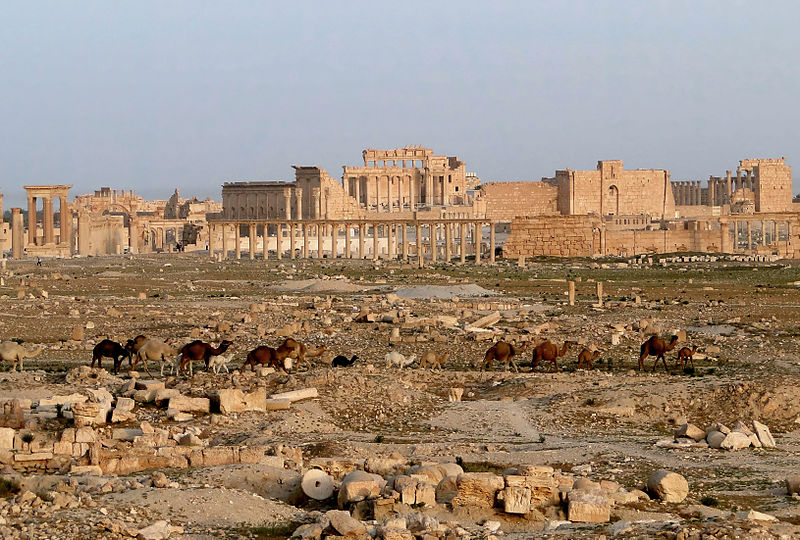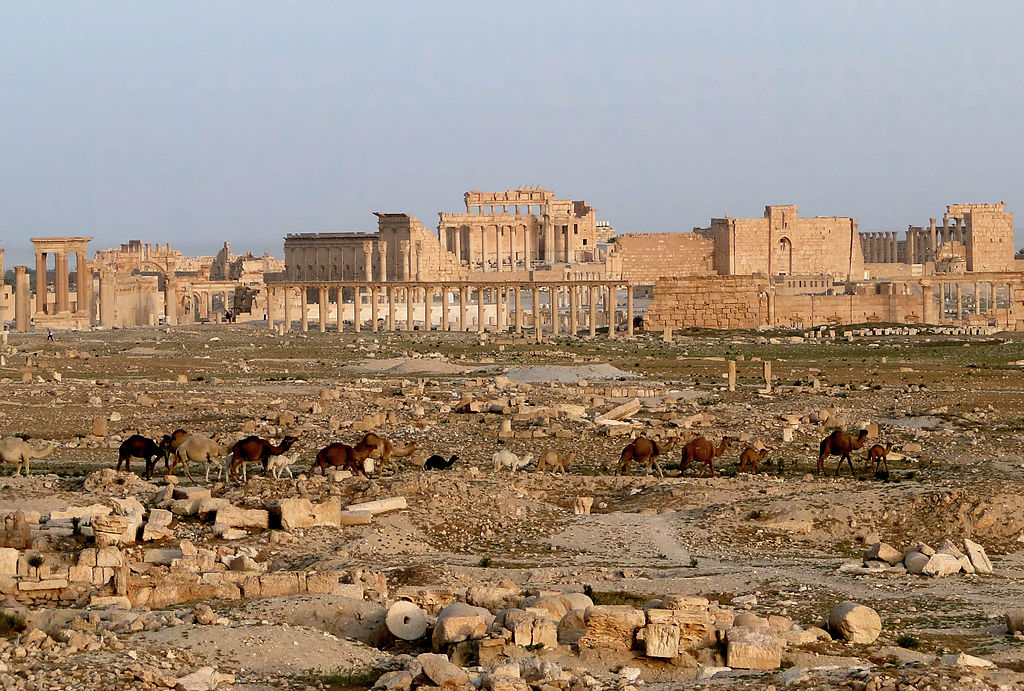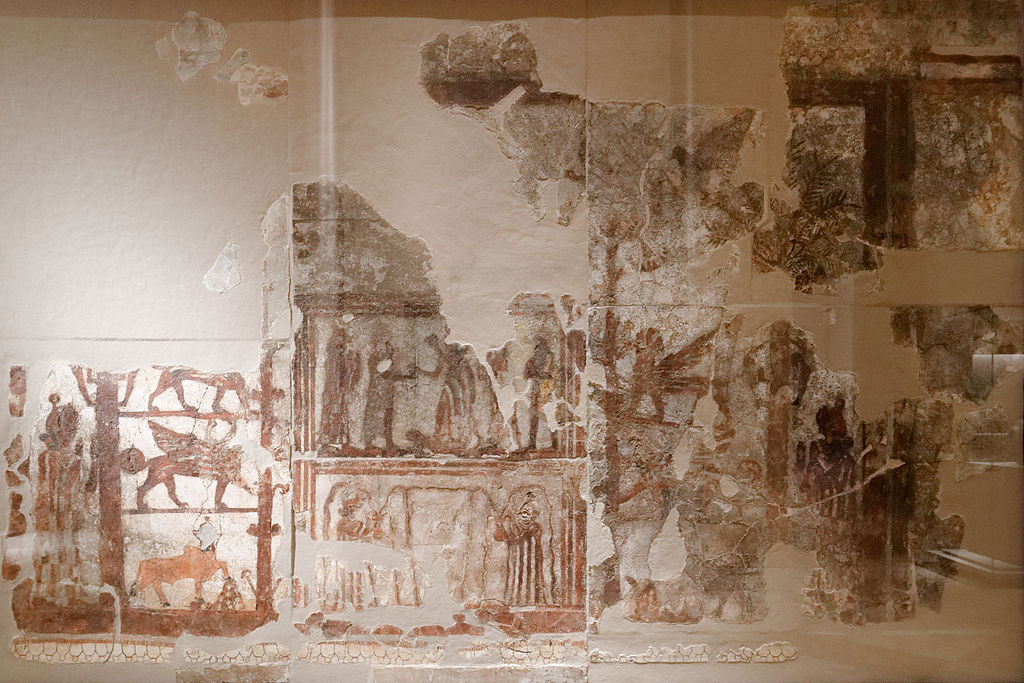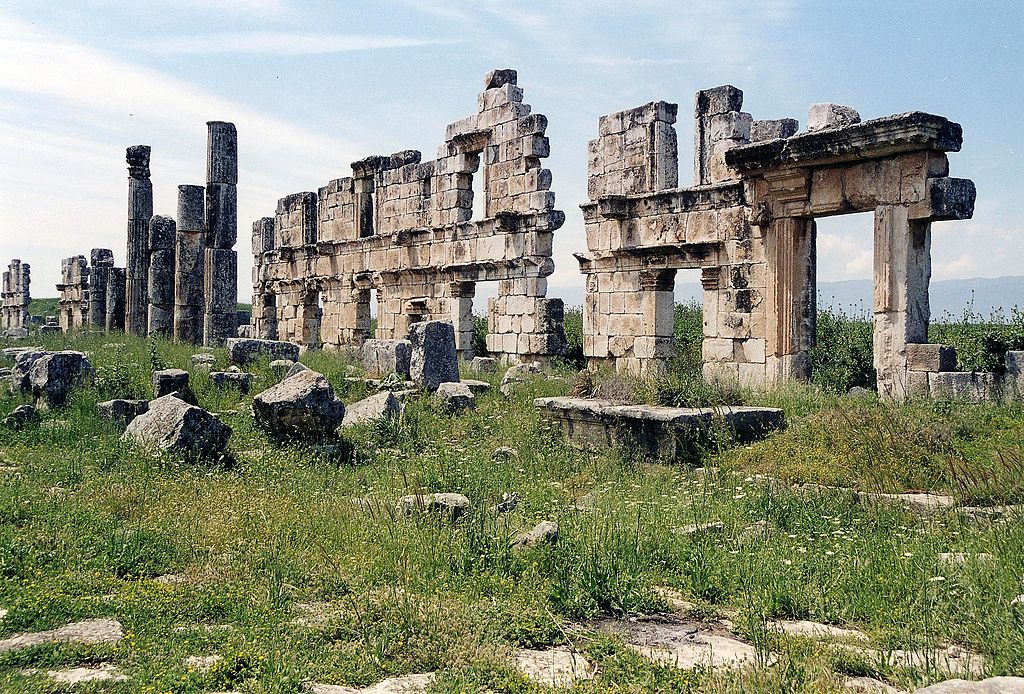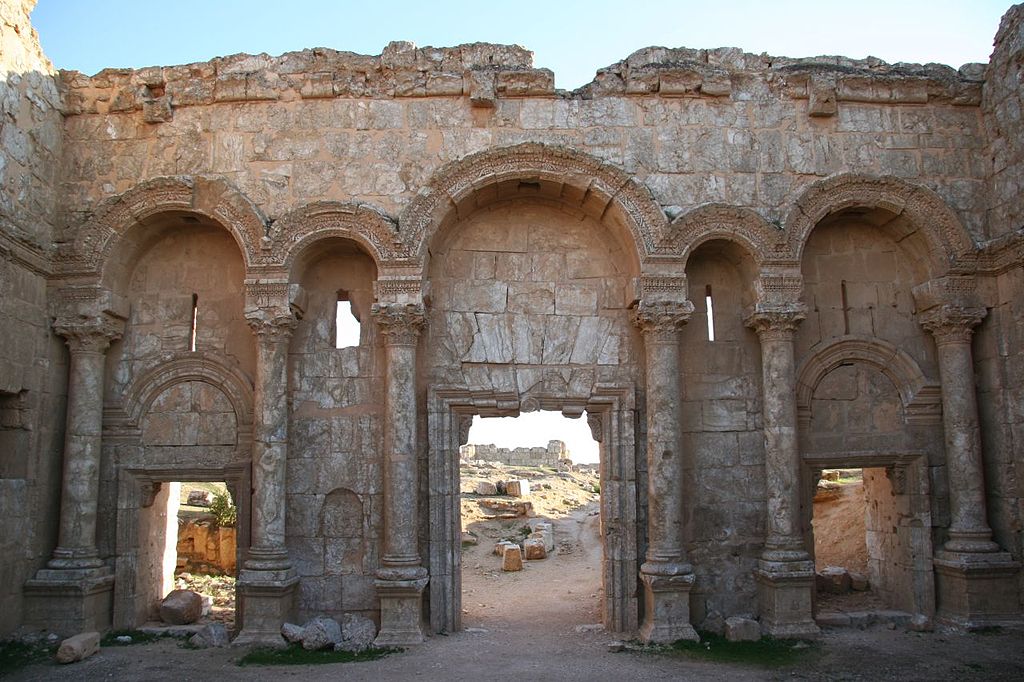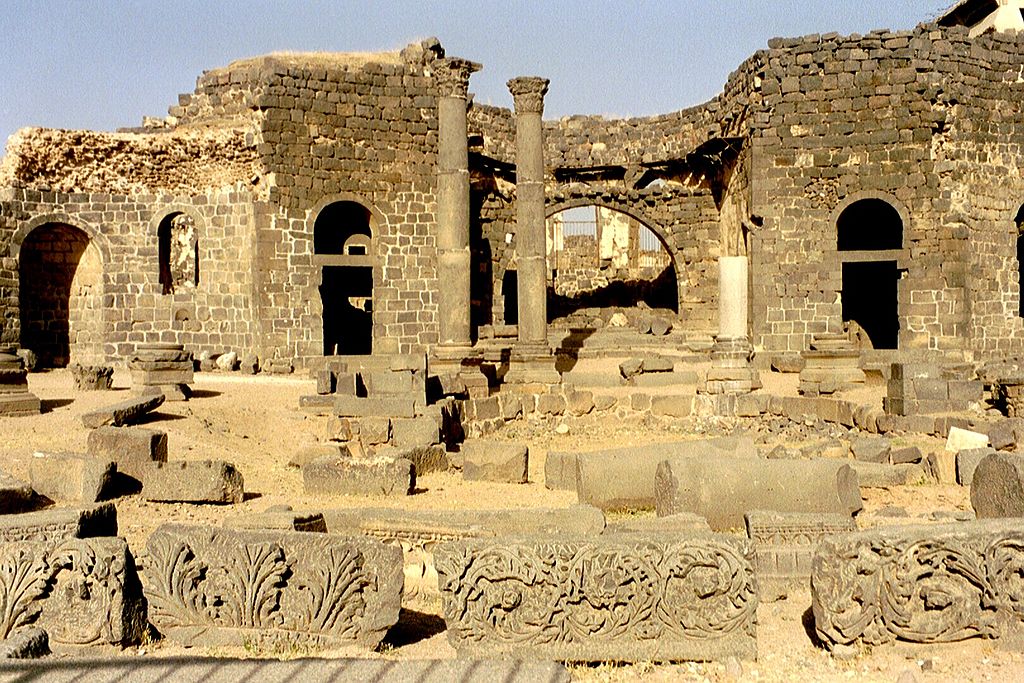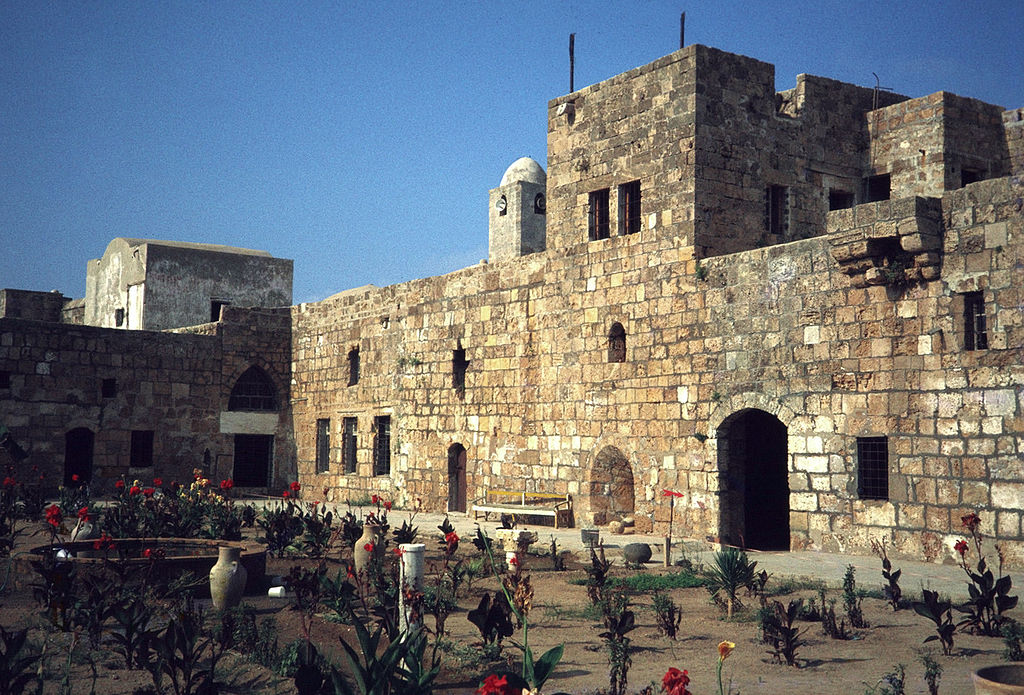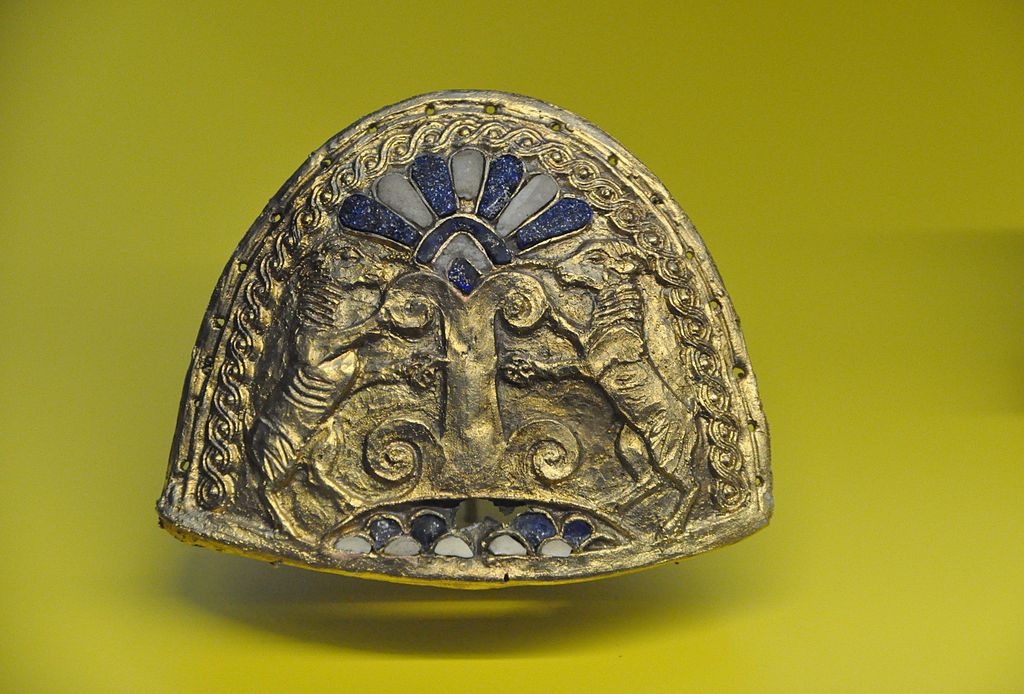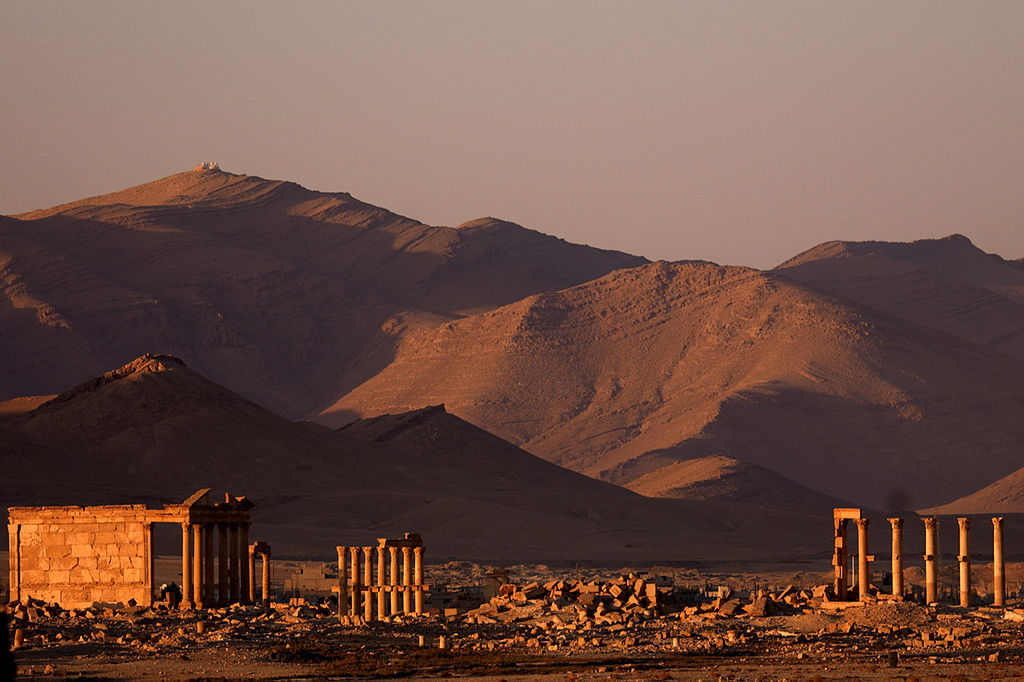Syria which was once the center of the Islamic caliphate during the Umayyad era
is located in a region that has witnessed through the ages an uninterrupted series of conquest and occupation, beginning with the Romans and passing through the Mongols, the Crusaders, the Western colonialists and others.
This country, which is characterized by fertile plains, highlands and valleys, is inhabited by a diverse mix of residents, including Arabs, Kurds, Armenians and Assyrians, as well as a multitude of religions.
Modern Syria gained its independence from France in 1946, but it went through periods marked by political chaos caused by the conflict of interests of its various population groups.
Historians, researchers and archaeologists consider Syria a center for many of the oldest civilizations on earth and the home of civilization and the alphabet. The important civilizations in history have intersected throughout the Syrian land, which have provided a lot to human civilization thousands of years ago (the various eastern civilizations that were established in the region, the Amorites, Arameans, Phoenicians, Canaanites. , Sumerians, Akkadians, Babylonians, Hittites, Byzantines, Romans, Greeks, ancient Syrian kingdoms, Islamic countries).
Archeologists classify Syria as one of the oldest areas of humanity, human settlement, building cities and the rise of civilizations and the first home for agriculture and animal domestication (the Syrian island), and one of the first areas of civilization, city planning and alphabet, the oldest and most complete alphabet in the ancient world (Ugarit alphabet) the Syrian coast, and a complex of the oldest and most ancient civilizations .
The Kingdom of Ebla in northern Syria can be explored one of the oldest “Semitic” civilizations that stretched from the Red Sea in the south to Turkey in the north and east until the Euphrates and flourished in 2500 BC.
The rich discoveries indicate that the Kingdom of Ebla was established in 3000 BC and continued to develop and gradually built its empire to become one of the most important Syrian kingdoms in ancient times. And it formed a strong kingdom linked with commercial and diplomatic relations with its contemporary civilizations in the East and West, and it is estimated that the population of Ebla reached 260,000 people who spoke the Ebla language, which is believed to be one of the oldest Semitic languages, and thousands of numbers and clay tablets have been discovered in one of the largest and oldest Libraries in ancient history that indicated the greatness and The Kingdom civilization of Syrian Ebla.
The empire of the Kingdom of Ebla faced the ambitions of Sargon of Akkad around 2260 BC and its influence temporarily declined until it was restored by the Amorites and flourished again at the beginning of the second millennium BC and remained until the rise of the Hittites, and arrived from civilization, sophistication, and the organization of civil and commercial life unless any of the civilizations reached it. The ancient and the thousands of numbers and manuscripts discovered in the Kingdom of Ebla showed the social and civil relations, laws and properties, their organization, marriage contracts, the inheritance and others, and it is worth noting that the Kingdom of the Kingdom of Ebla is the first home of the olive tree and the first olive plant was discovered in it dating back to 2200 B. .
Dozens of ancient cities in Syria dating back to different civilizations and historical periods from these cities: –
Ugarit
Kingdom of Mari
Hamoukar
Guzana
Tell Halaf
Apamea
Rusafa
Arwad
Dura-Europos
Bosra
Serjila
Shahba
Qanawat
Tadmor
Kingdom of Ebla
albara
Amrit












